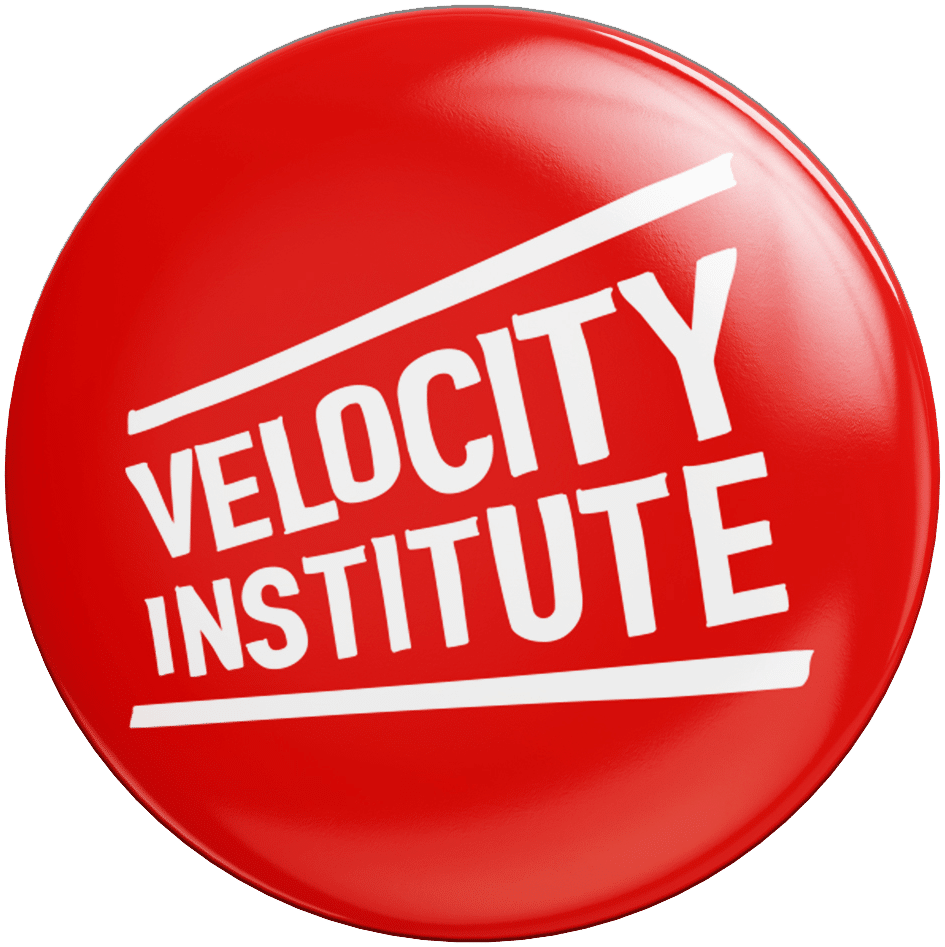For more than 15 years, Walmart has collaborated with others to drive positive impact across global supply chains. They are on a path to becoming a more regenerative company that works to restore, renew, and replenish, in addition to conserving nature.
Part of meeting that goal is found in how they treat the world’s forests. Healthy forests help sustain biodiversity, support livelihoods, and play an important role in combatting climate change by naturally sequestering carbon dioxide. But deforestation continues to occur at an alarming rate. According to the World Resources Institute, the planet lost the equivalent of a soccer field of primary rainforest every six seconds in 2019.
That’s why Walmart continues to take a holistic approach to address deforestation – from certification and monitoring to sustainable sourcing, advocacy, and more. Walmart is focused on key commodities that, according to the World Economic Forum, drive deforestation in tropical forests: palm oil, pulp, and paper, timber, beef, and soy.
Sustainable Sourcing, Worldwide
Given Walmart’s size and global footprint, they have an opportunity to improve supply chain sustainability and bring about positive change. Along with the Walmart Foundation, they have committed to help protect, manage or restore at least 50 million acres of land and one million square miles of ocean by 2030.
Along with that commitment, Walmart updated its forests goals to focus on:
- sourcing 100%-verified deforestation-free beef (by 2022) and soy (by 2023) from critical landscapes in Brazil, Argentina, and Paraguay;
- expanding efforts in sourcing sustainable palm oil by asking our private brand suppliers to move from sourcing Roundtable on Sustainable Palm Oil (RSPO) Mass Balance-certified palm oil to segregated, and working with our national brand suppliers to source certified palm oil;
- continuing efforts to source private brand pulp and paper (adding timber) from suppliers using Forest Stewardship Council, Programme for the Endorsement of Forest Certification or Sustainable Forestry Initiative certifications, or recycled content; and
- creating pathways through our Project Gigaton initiative for suppliers to report progress on restoration efforts and providing guidance for suppliers to engage in place-based partnerships driving forest conservation in areas of the world most prone to deforestation.
Protecting Forests
While these goals raise Walmarts ambition, the retailer has already made progress in reducing its impact on forests. Walmart is on track to meet the existing commitment to use 100% RSPO Mass Balance-certified palm oil and 100% certified or recycled Private Brand paper products by the end of 2020. And Walmart is proud of its past efforts in South American markets to source, verified deforestation-free beef from Brazil from over 100,000 farms.
But meeting their stated 2020 goals for soy products has proven more difficult. Only a small percentage of soy is currently certified as deforestation-free, making it difficult to source at scale. For beef, the program to verify deforestation-free beef sourcing was briefly put on hold when Walmart sold an 80% stake in our Walmart Brazil operations.
Even still, Walmart remains hopeful and continues to take steps to help overcome these obstacles through their business, philanthropy and collaboration across the industry. The Walmart Foundation has invested in initiatives to help decision-makers monitor, restore and conserve critical landscapes. For example, the foundation has invested in improvements to the World Resources Institute’s Global Forest Watch tool, a publicly accessible global platform for monitoring deforestation, and also funded the MapBiomas project through a grant to the Institute for Climate and Society to produce more accurate estimations of land use-related greenhouse gas emissions.
Empowering Our Suppliers
Walmart is committed to empowering its suppliers along the journey of rewiring supply chains. They seek to effectively leverage our sourcing as a force for regenerating forests. And the Walmart teams are more focused than ever as they continue to work with suppliers to source from place-based projects helping preserve natural ecosystems and improve livelihoods.
For example, earlier this year Nestlé announced that it aims to plant three million trees through Project RELeaf in Sabah and Peninsular Malaysia by 2023. By collaborating with local government agencies, NGOs, palm growers, communities, and entrepreneurs, Nestlé is helping restore tropical rainforests and address the critical rate of biodiversity loss in Malaysia. The company will be reporting progress on the project through Walmart’s Project Gigaton initiative.
These actions require teamwork, and in an effort to work collaboratively to stop forest loss with other retailers, manufacturers and NGOs, Walmart has joined 16 of the world’s largest manufacturers and retailers as a member of the Consumer Good Forum’s Forest Positive Coalition. Through this effort, the retailer is part of a group of companies taking action to help reduce deforestation and forest degradation from key supply chains and drive transformative change across the industry.
Healthy societies, resilient economies, and thriving businesses rely on nature. Walmart’s vision is to help transform food and product supply chains to be more regenerative as they work to protect, restore, and sustainably use our natural resources. As Walmart continues to work with others to prevent deforestation, the retailer has a chance to be part of a change that supports forests – and the people who rely on them – for generations to come.
Related Incites
2025 EVENTS
TICKETS, SPONSORSHIPS & EXPO BOOTHS NOW AVAILABLE







